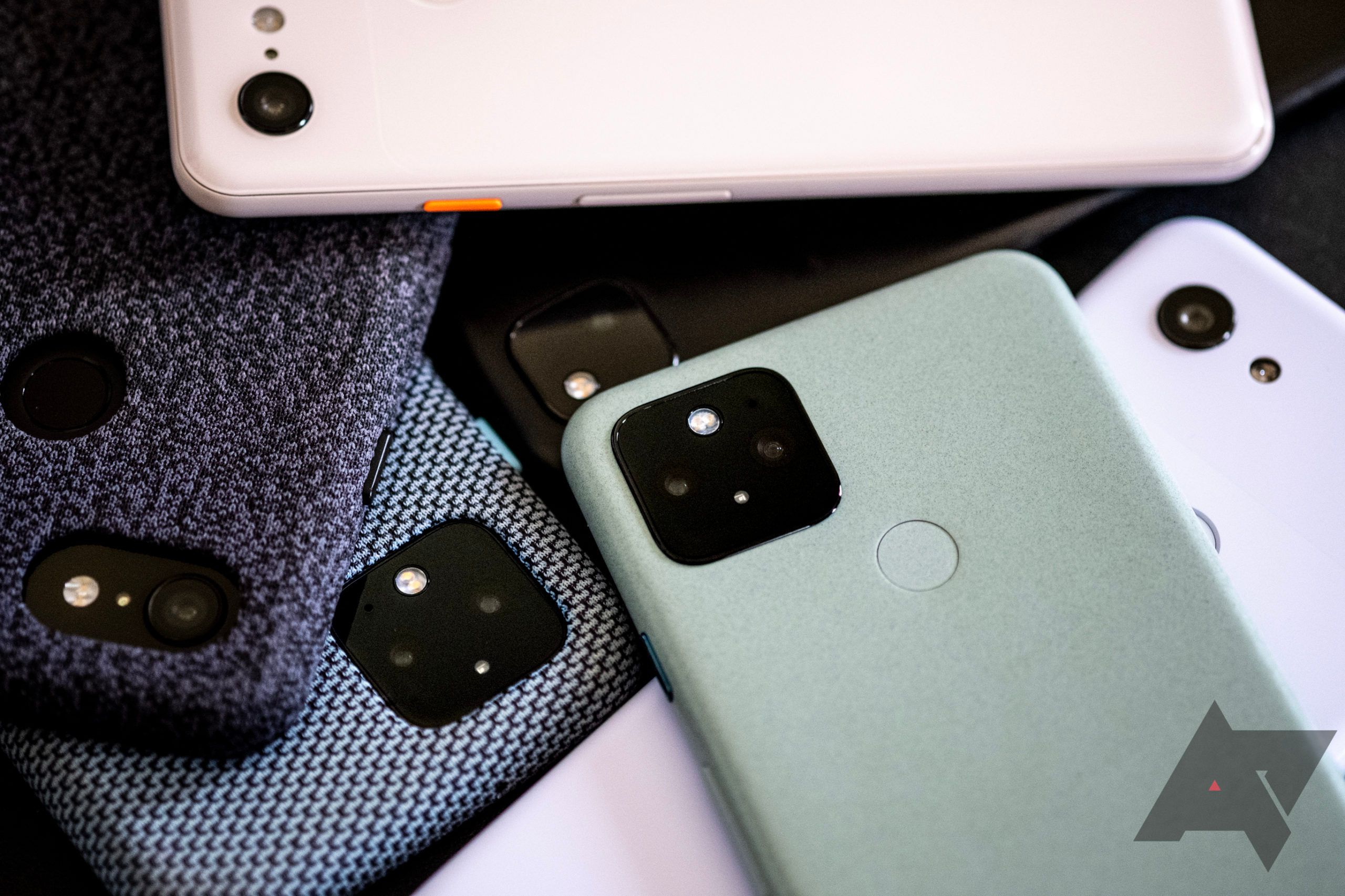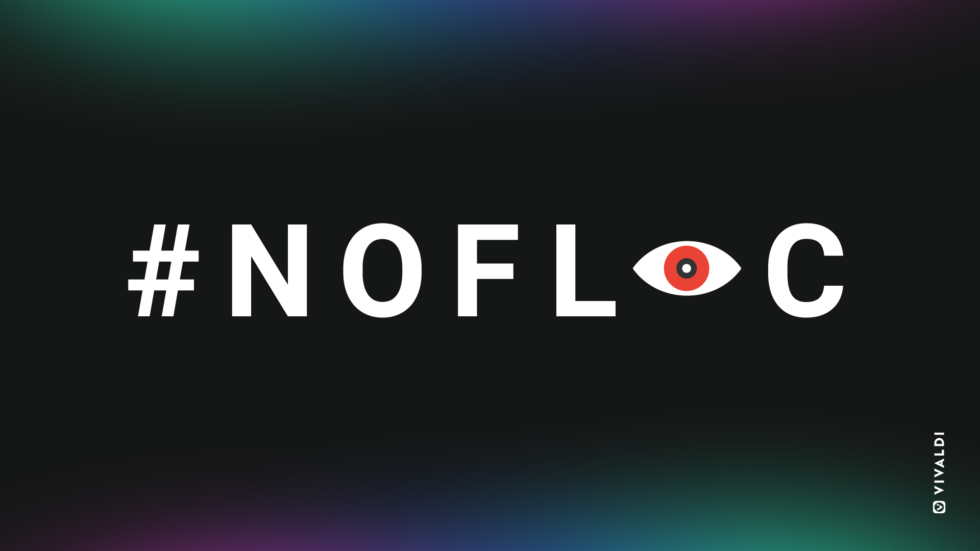latest

Google is taking a page out of Apple’s book today, with a more developer-friendly and open twist: Privacy Sandbox is coming to Android from Chrome to help reign in mobile advertisers. Rather than being a blanket “ask app not to track” user-facing opt-in, though, Google wants to work with developers to figure out a more sustainable approach, dangling a carrot for their involvement now before it starts swinging a bigger enforcement stick later.

Google's latest Android ad tracking changes still aren't enough
An updated policy document panders to Apple's "Do not track" functionality, but doesn't go nearly far enough
It's no secret that Google is the world's largest advertising company. It's also clear which way the wind is blowing on ad trackers and cookies (even Google concedes the latter), and Apple has jumped out ahead of most other tech companies in proactively asking users of iOS products if they wish to disable personalized tracking entirely. As part of iOS 14, the company introduced a simple prompt for any app which wishes to track your activity for the purpose of advertising. And, unsurprisingly, the overwhelming majority people have taken Apple up on the opportunity, with over 95% of iOS users allegedly blocking ad tracking when asked by an app for permission.

Nobody wants anything to do with Google's new tracking mechanism FLoC
Almost all browsers and privacy advocates slam the third-party cookie replacement
Read update
Google is about to shake up the status quo on tracking with its newly proposed browser-based Federated Learning of Cohorts (FLoC) tracking mechanism, which it introduced as a replacement for the outgoing third-party cookies the advertisement industry still heavily relies on. But many privacy advocates like the EFF (Electronic Frontier Foundation) and search engine DuckDuckGo think FLoC could turn out to be even worse and more invasive than third-party cookies, and most browser makers were fast to join in on that stance. Almost all of them have vowed or at least hinted that they won't support FLoC in their products, including those based on Google's open-source Chromium rendering engine also used in Chrome.


